Call or Text
801-438-4793
Do You Need a Water Softener? How to Tell & How You Benefit
May 29, 2025
Hard water can be a serious problem in your home. It builds up in pipes, stains your fixtures, and can even dry out your skin and hair.
A water softener helps solve this by removing the minerals that cause hard water. In this guide, you’ll learn:
- How to spot the signs of hard water
- How to test for it
- How a water softener can improve your daily life and protect your home
What Is A Water Softener?
A water softener is a system that removes minerals like calcium and magnesium from your water. These minerals make water “hard,” and cause scale buildup, dry skin, and spots on dishes.
The basic process of softening water is through an ion exchange, where calcium and magnesium ions are swapped for sodium ions. Inside the softener, there are resin beads that carry a negative charge. These negatively charged beads bond with positively charged sodium ions. They then trade places with the calcium and magnesium as water flows through.
The system also uses a sodium chloride solution (also called brine) to recharge the beads so they can keep doing their job. Some homeowners may choose a salt-free water softener, which uses alternative methods to reduce buildup.
Soft water feels different because it doesn’t leave residue behind. It also doesn’t react with soap, which means you’ll have more bubbles and suds, even if you use less soap. That makes for cleaner dishes, smoother skin, and longer-lasting appliances.
How To Tell If You Need A Water Softener: Signs of Hard Water
Hard water leaves a trail of problems throughout your home. If you’re noticing strange spots, buildup, or other water-related issues, your water may be to blame.
Below are some of the most common signs that you might need a water softener.
Limescale Buildup on Faucets & Appliances
The hard minerals in your water leave residue on pipes, fixtures, and appliances known as scale. This chalky white buildup—called limescale—often forms around faucets, showerheads, and inside appliances like coffee makers and dishwashers.
Limescale forms when calcium and magnesium in the water react with heat or air. Over time, it can clog pipes, reduce water flow, and wear out appliances faster. If you’re constantly scrubbing off white crust or replacing equipment too often, hard water is likely the cause.
Dry Skin & Dry Hair After Showering
Your skin can become dry and itchy after bathing in hard water. That’s because the high mineral content strips away natural oils and makes it harder for your skin and hair to hold moisture.
Hard water also leaves a thin film behind that can block pores and irritate sensitive skin. Hair may feel rough, tangled, or dull, even with conditioner. Soft water, on the other hand, rinses away clean and helps your skin and hair stay hydrated and smooth.
Water Spots on Dishes & Glassware
If your clean dishes still look dirty, hard water might be the reason. As the water dries, minerals like calcium and magnesium are left behind. This creates cloudy water spots, especially on glassware.
These spots can be tough to remove and make dishes look dull, no matter how well you clean them. A water softener helps prevent this by removing the minerals before they ever touch your dishes. It can leave everything clearer and cleaner with less scrubbing.
Stiff Laundry After the Wash
If your clothes feel rough or look faded after washing, hard water may be the cause. The minerals in hard water make it harder for detergent to rinse out completely. This leaves residue in your fabrics, making them stiff and uncomfortable.
Colors may also fade faster, and whites can start to look dingy. With soft water, detergent dissolves and rinses more effectively, which means cleaner, softer clothes and brighter colors after every load.
Higher Water Bills
Hard water can hit your wallet, too. Scale buildup inside pipes and appliances restricts water flow, forcing systems like water heaters and dishwashers to work harder to do their job.
That extra effort uses more energy and water, driving up your utility bills. Over time, hard water can lead to expensive repairs and higher costs over time. A water softener is more efficient, which can lead to noticeable savings.
How to Test for Water Hardness
If you’re seeing signs of hard water, the next step is to test it. There are simple ways to find out how hard your water is, either with a quick DIY test or help from a professional.
Here’s how to check your water at home.
Use Test Strips to Test Water Hardness
One of the easiest ways to test your water is with a test strip kit. These kits are sold at most home improvement or hardware stores and are easy to use. You just dip a strip into a sample of your tap water, wait a few seconds, and then compare the color change to the chart provided.
The results are usually shown in parts per million (PPM) or grains per gallon (GPG), which tell you how much calcium and magnesium is in the water. These numbers help you understand if you need a water softener service or other solution for your home.
Call Professional Water Testing Services
If you want more accurate results, calling a professional is a good idea. These services test your water in more detail than store-bought kits. They can also check for other things like iron, chlorine, or harmful chemicals.
This kind of test is helpful if you’re planning to install a home water softener. It helps you choose the right system, whether that’s a traditional or salt-free water softener.
Professional testing also makes it easier to maintain your system over time. You’ll know when something changes and when your water softener might need maintenance.
Benefits of Water Softener System Installation
A water softener system can improve how your water feels, tastes, and works around the house. From better showers to cleaner laundry, the difference is noticeable.
Here are some of the top ways a water softener or saltless water softener can make everyday life easier.
Softer Skin & Hair
One of the first things people notice after installing a water softener is softer hair and skin. Hard water can dry out your skin and make hair feel rough or hard to manage.
With soft water, soap and shampoo lather better and rinse out more easily. This means less irritation, fewer flakes, and a smoother, cleaner feel after every shower.
Less Soap Scum & Mineral Stains
Soft water makes it easier to keep your home clean. With fewer minerals in the water, you’ll see less soap scum on sinks, tubs, and tile. Glassware also comes out cleaner, without the cloudy film or water spots left behind by hard water.
That means you’ll spend less time scrubbing and use fewer cleaning products to get the job done. Over time, this can save money and reduce wear and tear on your home’s surfaces.
Better Protection for Home Appliances
Hard water can do serious damage to appliances over time. The minerals build up inside dishwashers, washing machines, and water heaters, making them work harder and wear out faster.
With a water softener system for your home, you can help prevent that buildup. A proper water softener installation can extend the life of your appliances and keep them working well. That means fewer repairs and less need for early water softener replacement.
Improved Cost Savings
A water softener system can help you save money in more ways than one. You’ll use less shampoo, soap, and detergent because soft water helps these products work better.
Your appliances will also run more efficiently, which means lower energy bills. And since soft water helps prevent damage to plumbing and fixtures, you’re less likely to face expensive repairs. With regular water softener maintenance, these savings can really add up over time.
Cleaner & Brighter Laundry
Hard water could be to blame if your clothes feel scratchy or look faded. A home water softener helps fix that by allowing detergent to rinse out fully, so your clothes come out cleaner.
Soft water helps fabrics stay soft and keeps colors looking brighter. Whites stay white, and everything feels better against your skin—no extra laundry boosters needed.
Why a Water Softener Is a Smart Upgrade for Your Home
Hard water can take a toll on your home, from clogged pipes to dry skin and damaged appliances. Installing a water softener system can solve these problems and improve your daily life. It helps you get cleaner laundry, smoother skin, better water flow, and longer-lasting home equipment.
If you’ve noticed signs like soap scum, stiff clothes, or higher energy bills, it might be time to take action. Start by testing your water with a simple test strip or by calling a professional. Compare salt-based or salt-free systems to find the best fit for your needs. Don’t forget to schedule regular water softener maintenance to keep things running smoothly.Looking to install a home water softener system? Contact Superior Water & Air to get started with expert advice and reliable service.
Recent News
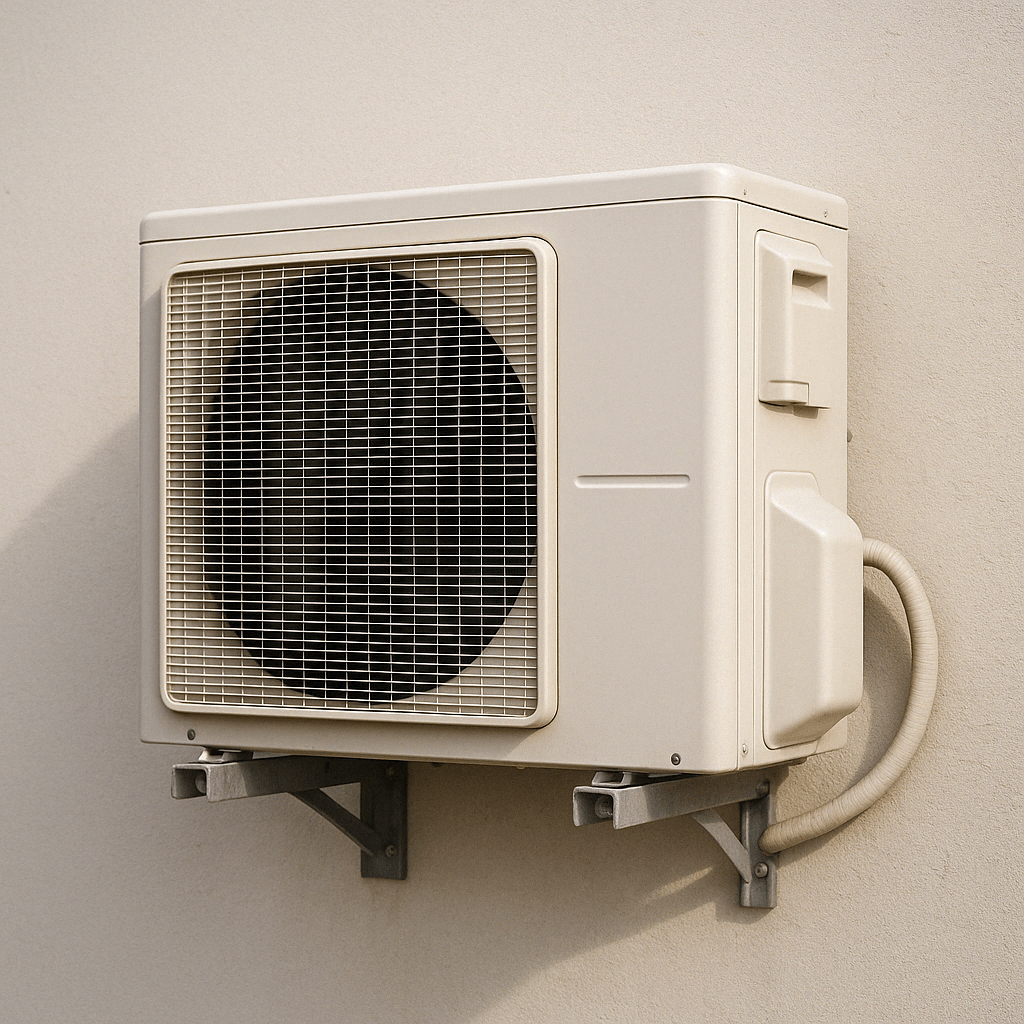
Get Your Air Conditioner Ready for the Summer with Superior Water & Air
April 21, 2025
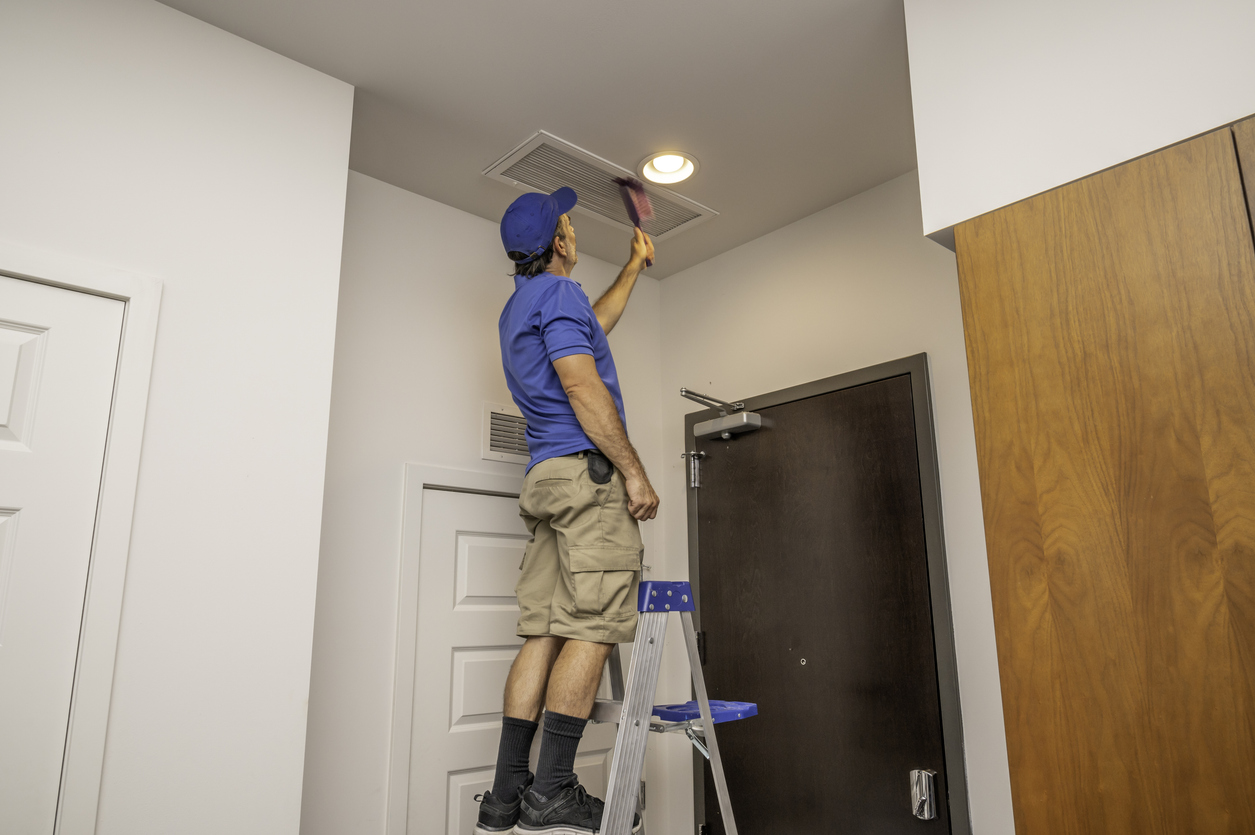
Why You Need the Air Ducts Cleaned in Your Home: Benefits & More
April 3, 2025
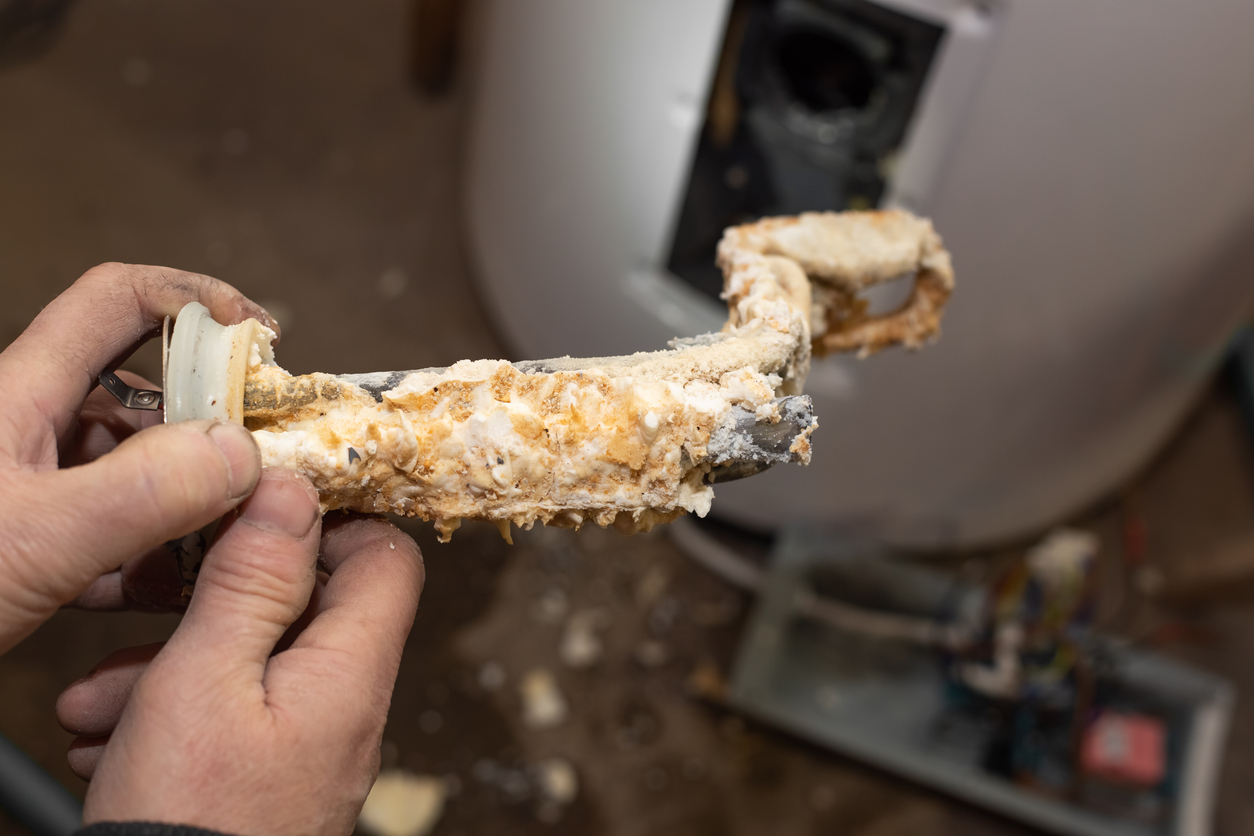
How to Determine Water Hardness & Treat Effectively
February 25, 2025
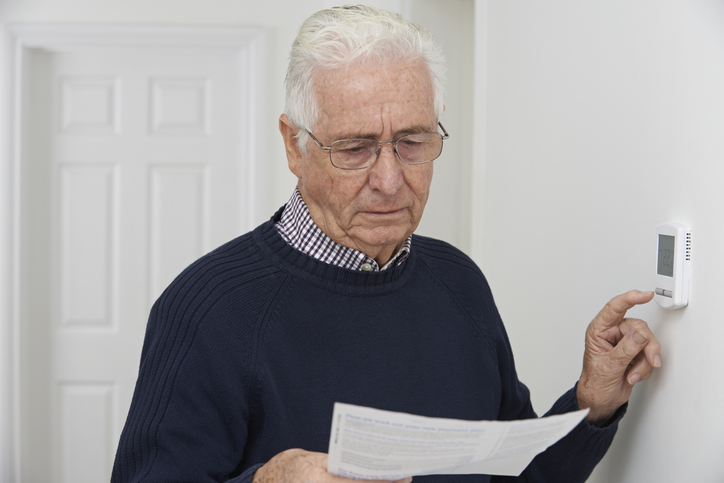
How to Save On Your Heating Bill During Winter
February 10, 2025
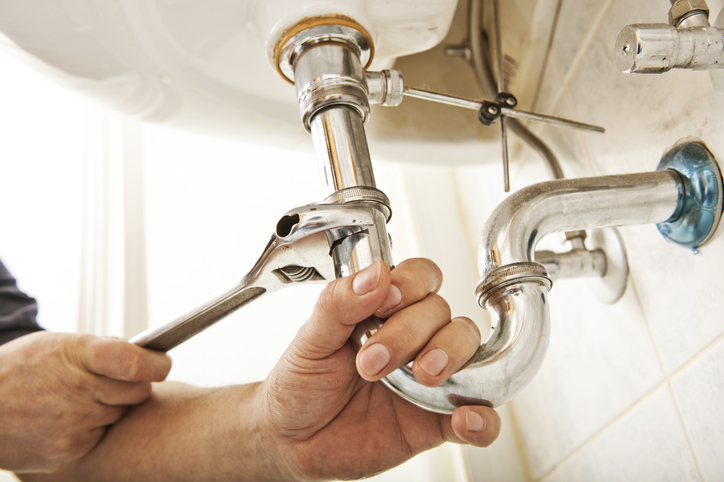
Cost Savings with Proper HVAC and Plumbing Systems in Winter
December 9, 2024

Furnace Guide: Installation, Repair, Energy Efficiency, & More
September 18, 2024
